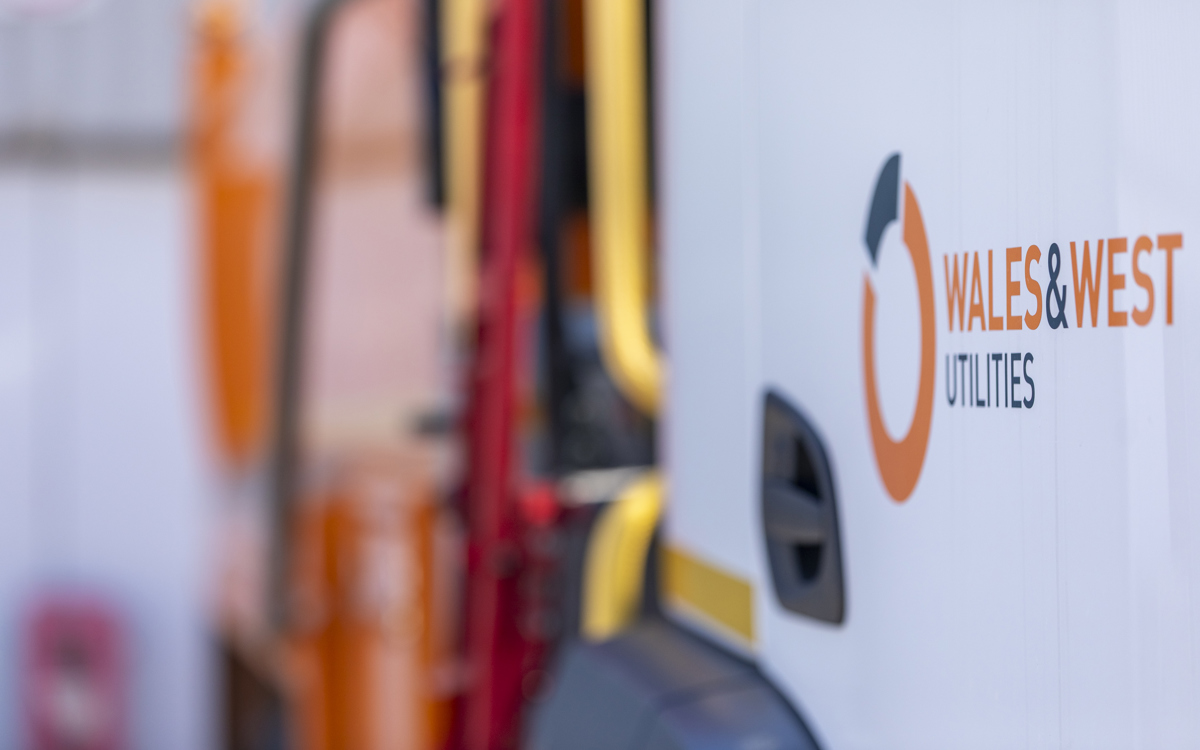Wales & West Utilities identifies major hydrogen opportunities for south west England

Two pioneering hydrogen infrastructure projects, led by Wales & West Utilities (WWU), have concluded, demonstrating how hydrogen can support the decarbonisation of industry and transport across the south west of England.
The Decentralised Alliance for South West Hydrogen (DASH) and the South West Conceptual Plan (SWCP) were developed to explore how low-carbon hydrogen can be produced, distributed, and used in areas outside of the UK’s major industrial clusters.
Using a multi-criteria analysis, DASH has identified five opportunity areas for decentralised hydrogen networks: the Bristol Port area, Plymouth, St Austell, Gloucester/Cheltenham, and Tewkesbury/Evesham. Further analysis and scenario modelling have helped WWU understand how hydrogen could be delivered via repurposed or new build pipelines, offering viable and cost-effective solutions that can be taken forward at pace.
Using the evidence gained in DASH, the SWCP project aimed to provide the foundation for a future hydrogen local transmission system (LTS). By using existing natural gas alongside industrial and commercial demand data, WWU was able to route a potential pipeline against demand and storage profiles.
The proposed route runs from Evesham to St Austell, and considers factors such as geological storage, dispersed industry, and multiple potential hydrogen production points. The projects build on the West of England Industrial Decarbonisation Plan, which recognised this work as one of the six principal projects for industries.
WWU is now sharing the results to inform future feasibility studies, stakeholder engagement, and strategic planning across the energy sector.
At an event hosted by Hydrogen South West, Matt Hindle, Head of Net Zero & Sustainability at Wales & West Utilities, spoke about the projects:
“The south west of England can use hydrogen to make the most of its renewable energy resources, providing solutions for hard-to-decarbonise sectors of industry and transport, whilst developing new economic opportunities.
“The region has dispersed industry compared to some other parts of the UK, which means it’s important to provide the right connections between potential producers and users. We’ll be using the outputs from these projects to define the requirements for a local hydrogen pipeline, which can form the backbone for a sustainable energy system.”
Rhianydd Griffith, Cluster Manager for the West of England Industrial Cluster, added:
"These projects demonstrate that hydrogen can play a meaningful role in decarbonising distributed industry and transport across the south west of England. The evidence gathered as part of these projects will now help shape future investment for the region, ensuring that industry can continue to prosper in the net zero transition."
Wales & West Utilities is the gas emergency and pipeline service, delivering energy to over 7.5 million people across Wales and the south west of England. We don’t sell gas; we transport it through an extensive underground network of more than 35,000 kilometres of pipes.


